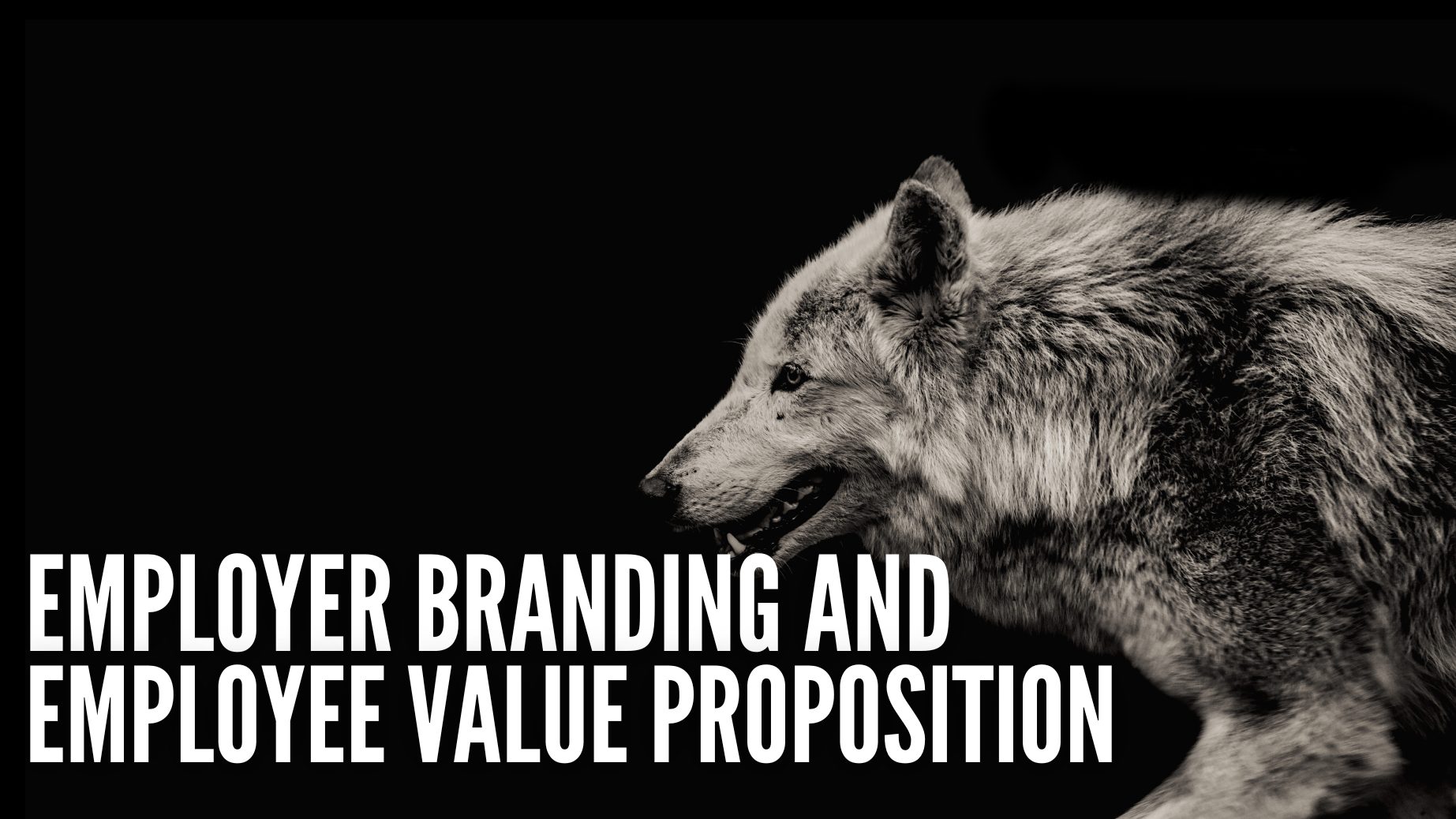When I started out “doe eyed and innocent” in the big world of work as a raw Graduate, the recruitment industry and wider job market was quite a different place. Just to set the scene, the internet was in its infancy, mobile phones were just becoming a thing, jobs were advertised in the newspapers, and more importantly Employers (both local and national) had the upper hand.
THE PAST
It was an Employers market. Employer Branding?? What was that?
As a recruiter, the words, “they should want to work for us” was a familiar Client mantra and generally not backed up by any hard evidence to explain why. There was a sense that employees and prospective employees should be grateful, thankful, indebted even, to work for said company. When I asked a client what benefits they offered some would laugh and say “they get to work for us and they get paid don’t they?”
Working in Belfast in the 1990’s was of course very different from working in other parts of the UK. We were coming out of recession, at the start of a fledgling Peace process, and however you want to look at it, Belfast had suffered from a lack of investment and a highly precarious political landscape.
For all its differences though, NI Employers were not alone in believing their own hype or in lacking an employee centric culture that is more prevalent today.
McKinsey article 1992 entitled “The organisation of the 90’s” talks about companies beginning to move away from the old “Command and Control” management style as they strived to create more entrepreneurial organisations.
This article from the NY Times discusses a survey showing the beginnings of a cultural shift in how workers began to view their own interests above their employers. The phrase describing some employers as dependent on a workforce made tractable by fear is telling of the culture, or lack of, in many organisations of the time.
Excerpt – At Work; Dissecting the 90’s Workplace NY Times September 19 1993
……As a result, says a far-reaching new survey, employees increasingly have doubts about the value of company loyalty and increasingly are putting their own needs and interests above their employers’. Moreover, employees are more and more often willing to trade traditional compensation carrots like wages and benefits for flexibility and autonomy, job characteristics likely to allow them to balance their lives at work and at home.
The startling implication, especially for employers who have been depending on a workforce made tractable by fear: Companies that fail to factor in quality-of-employee-life issues when imposing total quality management or “re-engineering” or any other of the competitiveness-enhancing, productivity-improving schemes now popular may gain little but a view of the receding backs of their best people leaving for friendlier premises.
THE PRESENT
Employer Branding and Employee Value Proposition
So why the shift?
Undoubtedly a primary element is the age-old supply and demand issue or candidate shortage which has driven employers to compete more obviously for talent within their field.
Other factors as I see it include –
The rise of the internet saw a new type of consumer behaviour and the ability to be “graded” as an employer on websites such as Glassdoor, put employers under scrutiny; company branding and websites created a different type of competitiveness amongst employers; all this, as well as different generational expectations and the rise of social media have brought us to a different place.
Now employees and potential employees, are as important to Companies as customers are. Companies have had to embrace innovative and radical cultural changes to compete for talent. Company’s websites are no longer a simple shop window to potential customers but a direct lens into the company’s employer brand and employee value proposition.
Research backs this up and has shown some interesting insights –
- 96% of companies believe employer brand and reputation can positively or negatively impact revenue, yet less than half (44%) monitor that impact. (CareerArc)
- 50% of candidates say they wouldn’t work for a company with a bad reputation – even for a pay increase. (TalentNow)
- 86% of job seekers will research a company’s ratings and reviews before applying for a job. (Glassdoor, 2021)
So, what is Employer Branding (EB)?
This is the external face of your company. This is how you want to be and are viewed by potential employees. It is the reputational.
Ask yourself this question – How is your company viewed in the wider market from an employee point of view and how are you different to your competitors?
Candidates nowadays can very quickly find out from a google/ glassdoor search what your people past and present think of you.
75% of job seekers consider an employer’s brand before even applying for a job. The importance of a positive employer brand seems to be held in equal measure by candidates and recruiters alike. A report in HR News found that 72% of recruiting leaders worldwide agree that the employer brand significantly impacts hiring (LinkedIn)
At Artemis over the last year, we have seen a considerable increase in clients recruiting within Talent Acquisition. These companies are investing in dedicated people (outside of HR) to go and sell them as an employer to the market.
If they had unlimited budgets, companies would like to invest in employer branding most (53%). (LinkedIn)
Another term you will hear about is Employee Value Proposition so what is it?
Employee Value Proposition (EVP)– this is the internal narrative of your company. It is the answer to these questions – “Why should I stay at this company?” and the “why should I join this company?” The EVP is the unique benefits you offer your employees such as the financial rewards, career development opportunities, perks & flexible benefits. It also encompasses the wider ranging and existential such as your company’s vision and mission.
Employees want to connect their working life to their personal and ethical values and there is genuine satisfaction in doing meaningful work within an organisation that shares your values and goals. It’s important to recognise that employer branding and employee value proposition not only drives Talent to your organisation but helps to retain it. It is all well and good recruiting the best talent but keeping them is what helps businesses grow.
“If you don’t appreciate your employees your competitor will. They’re looking for great talent” Stacy Sherman
THE FUTURE
No doubt EB and EVP will continue to evolve as more and more companies seek to become an “Employer of choice”. Who would have thought that so many us would be working hybrid or even remotely on a regular basis? With further technological advancements, creating in some instances, borderless talent pools, the world of work culture will continue to adapt to win the war on talent.
Some simple ways to make your Employer branding and EVP better
- Understand how you are viewed as an Employer. What goals do you want to achieve from your employer branding?
- Clearly define how you want to be viewed and embed this in your recruitment team.
- Ensure every candidate that applies to your company whether successful or not has a really good candidate experience.
- What can you do to make your employees love to talk about their job? What do they already love about their job?
- Work on EB and EVP with a range of stakeholders from the CEO/ MD to the marketing/ branding team, recruitment team and brand ambassadors across your organisation.
Thankfully, organisations and corporate culture has changed immeasurably since the 1990’s and continues to evolve. Employer branding and Employee value proposition helps attract and retain the best talent and works best when it’s authentic rather than contrived. This is where creating the right culture comes in to play….but that’s a whole other blog….


